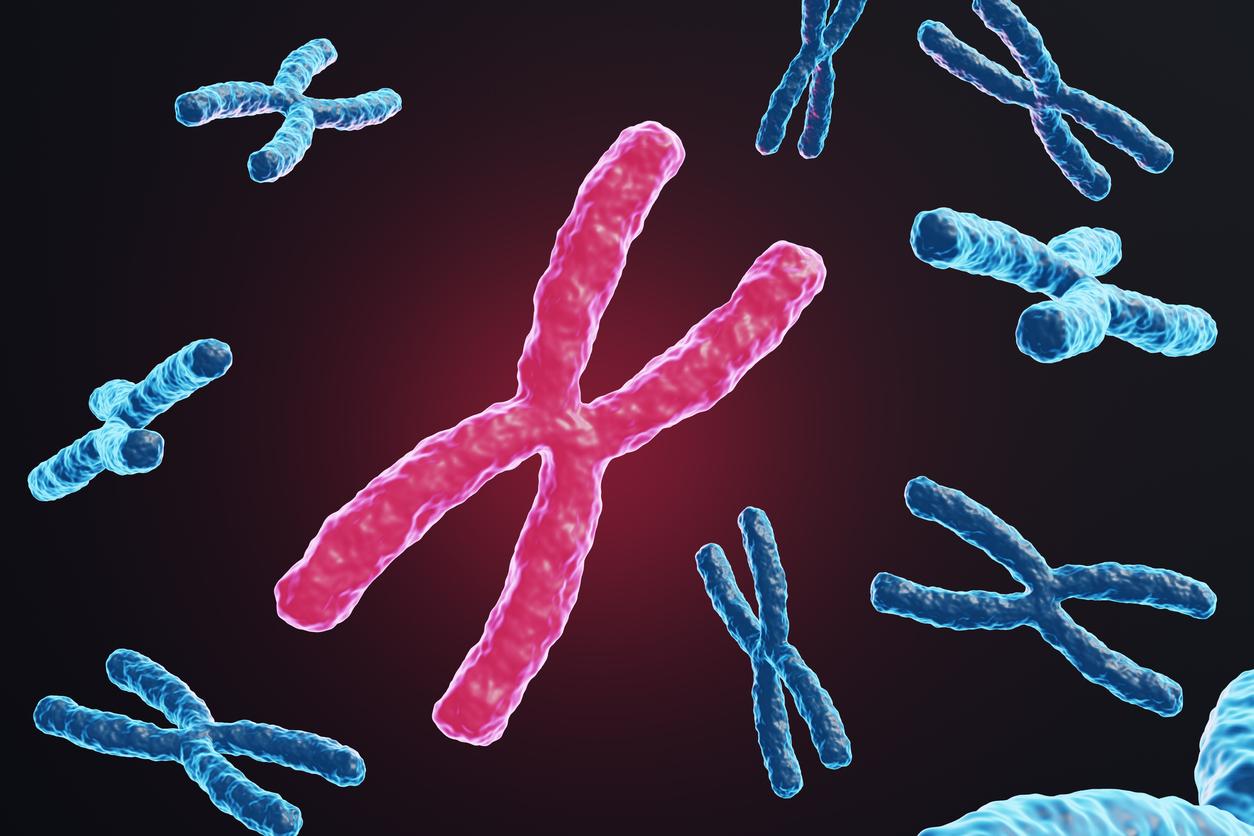Wisdom and social commitment could influence the intestinal microbiota by offering it a greater or lesser diversity of microorganisms.

- The microbiota is connected to the cognitive and emotional centers of the brain
- This is called the “gut-brain axis”.
- The character would have a link with the composition of the microbiota
Wisdom and the ability to manage social ties well would have an impact on the intestinal microbiota. It is the result of a study published in the journal Frontiers in Psychiatry by researchers at the University of Medicine in San Diego, USA. According to them, these two elements could influence the diversity of the intestinal microbiota. The latter is a part of the intestine where a whole set of micro-organisms live: bacteria, viruses, parasites and non-pathogenic fungi. The diversity of these components is essential for a good balance of the intestinal microbiota. This is very important because it influences a large part of the body, such as the immune system, the brain, the cardiovascular system or the bone system…
Components of wisdom promote the microbiota-gut-brain axis
It has long been recognized that the gut microbiota is connected to the emotional and cognitive centers of the brain. Communication between these parts of the body is regulated by neuronal activity, hormones and the immune system, thus constituting the microbiota-gut-brain axis. “Alterations in these systems can result in disruptions (…) of stress response, emotional arousal, affective behavior, and motivation, as well as those higher-order cognitive functions such as decision-making, point out the authors of the study. Studies in humans have shown that the gut microbiota is associated with personality traits, such as neuroticism, openness, agreeableness, and conscientiousness, and psychological constructs, including subjective stress, self-compassion, affective empathy and emotional well-being. (…) Compassion and empathy are important components of wisdom, and the neurocircuitry of wisdom overlaps with structures that have been implicated in the microbiota-gut-brain axis.” Thus, wisdom would have an impact on the intestinal microbiota.
People who feel less alone have more diverse microbiota
The scientists analyzed 187 patients, aged 28 to 97. They answered questionnaires to evaluate different elements: feeling of loneliness, wisdom, compassion, social support and social engagement. The stool analyzes of these patients allowed the scientists to see the microbial species as well as the composition of the microbiota of each individual in order to compare them to other patients. The researchers were thus able to conclude that people with little or no loneliness and with high levels of wisdom, compassion and social support had a more diverse gut microbiota. Thus, social support, compassion and wisdom could protect against gut microbiome instability linked to loneliness. Additionally, a healthy and diverse gut microbiota could mitigate the negative effects of chronic stress. Conversely, those who had a less rich intestinal microbiota were generally in poorer physical and mental health. They also suffered from more illnesses than others, such as obesity or major depressive disorders.
A study that still needs to be explored
However, at this stage of their research, the authors are not yet able to determine the mechanisms that link these different aspects. “It is possible that loneliness leads to a decrease in the stability of the gut microbiome and, consequently, a reduction in resistance and resilience to stress-related disturbances, leading to downstream physiological effects, such as systemic inflammation, develop the authors. Lonely people may be more susceptible to different illnesses.“The researchers also point out the limitations of their study: lack of data on individuals’ social networks, on their diet and on the degree of objective social isolation compared to subjective reports of loneliness. To deepen the results, they would have to so continue the study and integrate these different criteria.”Loneliness can lead to changes in the gut microbiome or, conversely, alterations in the gut milieu can predispose an individual to become lonely, insists Dilip V. Jeste, MD, lead author of the article. We need to study it much more thoroughly to better understand the phenomenon of the gut-brain axis.”
.

















